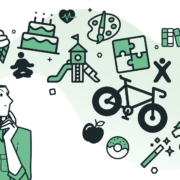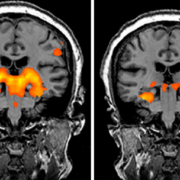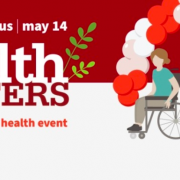Can you think yourself young? – The Guardian
Research shows that a positive attitude to ageing can lead to a longer, healthier life, while negative beliefs can have hugely detrimental effects. Behaviour is undoubtedly important. If you associate age with frailty and disability, you may be less likely to exercise as you get older and that lack of activity is certainly going to increase your predisposition to many illnesses, including heart disease and Alzheimer’s. Importantly, however, our age beliefs can also have a direct effect on our physiology. Elderly people who have been primed with negative age stereotypes tend to have higher systolic blood pressure in response to challenges, while those who have seen positive stereotypes demonstrate a more muted reaction. This makes sense: if you believe that you are frail and helpless, small difficulties will start to feel more threatening. Over the long term, this heightened stress response increases levels of the hormone cortisol and bodily inflammation, which could both raise the risk of ill health.






